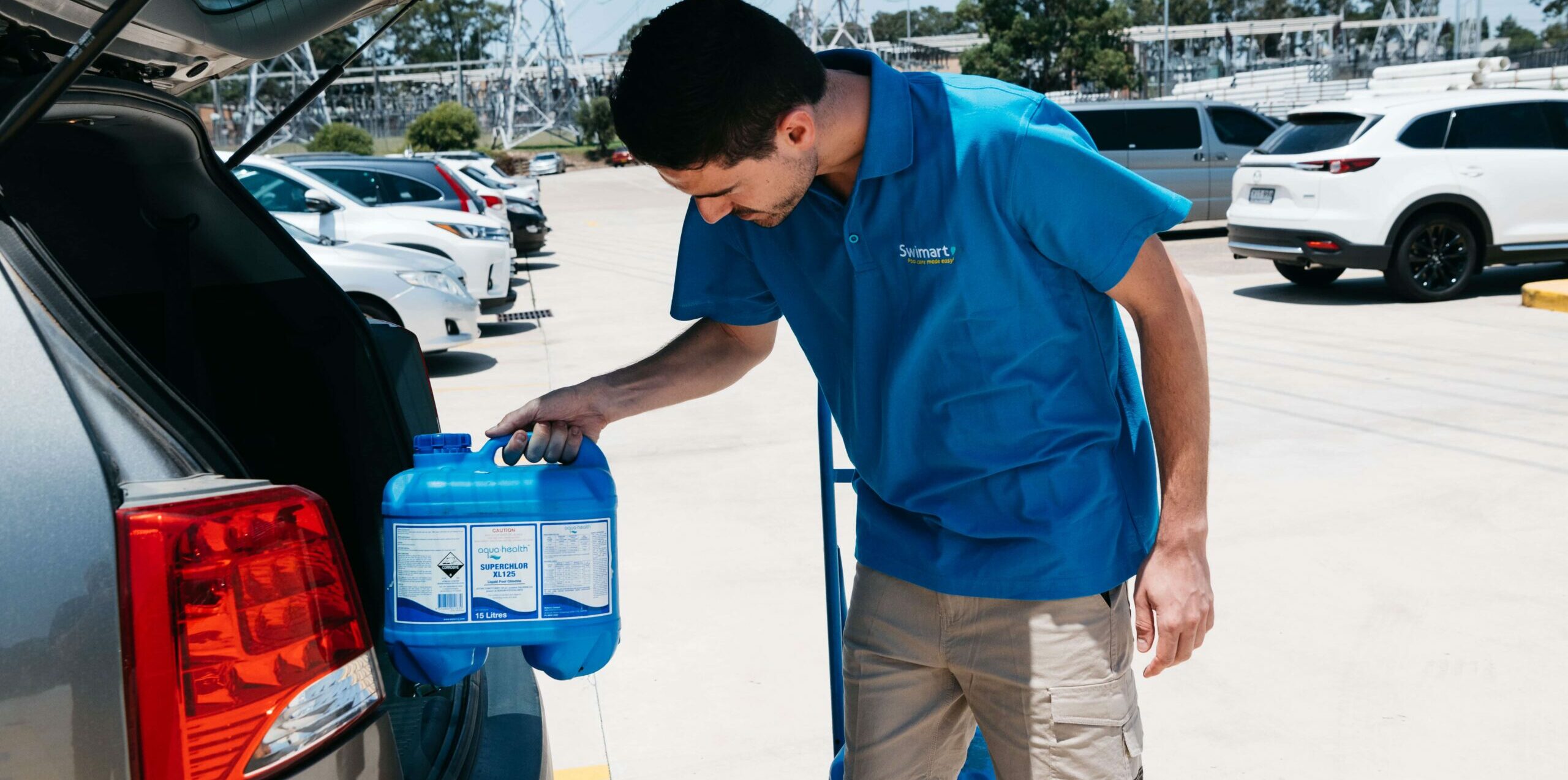Product Info
Pump it up
8 January 2013
As energy prices continue to rise, and concern grows about the high levels of carbon emissions humans produce, more and more people are looking towards more cost effective and energy efficient ways of running their swimming pools. Trending to variable There are currently two types of pumps on the market – fixed speed and variable […]
As energy prices continue to rise, and concern grows about the high levels of carbon emissions humans produce, more and more people are looking towards more cost effective and energy efficient ways of running their swimming pools.
Trending to variable
There are currently two types of pumps on the market - fixed speed and variable speed. And today there is a strong shift towards pumps with eco-friendly credentials, namely variable speed pumps.
The benefits of variable speed pumps are vast. The secret to reducing their energy use is the speed of the mechanism; the slower the pump operates, the less amount of energy used to power it. This allows you to minimise the energy usage by up to 70 per cent.
This slow speed has the added bonus of reducing the wear and tear on your filtration system, as the water is being pulled more gently through it, compared to a fixed speed pump, which operates at full speed any time it is turned on.
 |
| Hydrostorm Eco pump |
The reason a fixed speed pump operates at full speed is because it claims to be more efficient in restoring water clarity; contrary to this, it has actually been shown that a slower pump speed achieves better results, as the water resistance is less. To top it all off, this type of pump is becoming more and more energy efficient as new models come out.
A further benefit of variable speed pumps is that they run more quietly than fixed speed pumps (when on a lower setting), making you more popular with your neighbours.
Waterco’s 6-star rated Hydrostorm Eco has a three-speed motor which allows pool owners to set the pump at a low, energy saving flow rate for every day filtration. This compares with conventional pumps, which are limited to one set high flow rate speed. And the Hydrostorm Eco uses almost 70% less energy than when operating at a standard high flow rate speed.
Simply put, by setting the pump on the lowest speed setting and operating it during off peak periods, this simple change alone can save you hundreds of dollars a year. And that means it won't take long before the pump well and truly pays for itself.
"As a pool's filtration cycle occupies 99% of the run time of a pool pump, you can operate the Hydrostorm Eco on its low speed setting for the majority of its running time," explains Waterco director Bryan Goh.
“Conventional fixed-speed pumps are set and sized to cater for a pool's maximum water flow requirements, which may either be the sand filter’s backwash water flow or to provide sufficient water flow to operate suction cleaners.
"However, effective pool filtration does not need to be set at a pump’s maximum water flow rate. In fact, your pool’s filtration efficiency improves at lower flow rates. Not only that, running a pump at a low flow rate reduces water flow resistance in pool equipment and plumbing and even enhances the clarity of the swimming pool water."
Fixed speed pumps
Although variable speed pumps are the more environmentally friendly and energy efficient choice out of the two types,  there are still options within the fixed speed pumps that have features which help reduce the impact the device has on the environment, not to mention your next electricity bill.
there are still options within the fixed speed pumps that have features which help reduce the impact the device has on the environment, not to mention your next electricity bill.
For example, Lacron's Grange pump has efficient hydraulic performance which shortens the time the pump needs to run, decreasing the amount of energy used.
Other ways to save energy with a fixed speed pump include using pump timers to ensure the pump doesn’t run longer than it needs to, and reducing the number of hours you run it during cooler months.
Swimart offers a range of different swimming pool pumps. For expert advice on the right pump for your needs, consult your local Swimart professional.
Top tip
Some state governments offer generous rebates to those who purchase eco-friendly pool products. Check your state government's policy on pool pumps, as you may be entitled to a rebate if you purchase a variable speed pump.


 AUS
AUS NZ
NZ 





 there are still options within the fixed speed pumps that have features which help reduce the impact the device has on the environment, not to mention your next electricity bill.
there are still options within the fixed speed pumps that have features which help reduce the impact the device has on the environment, not to mention your next electricity bill.